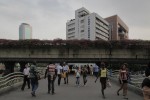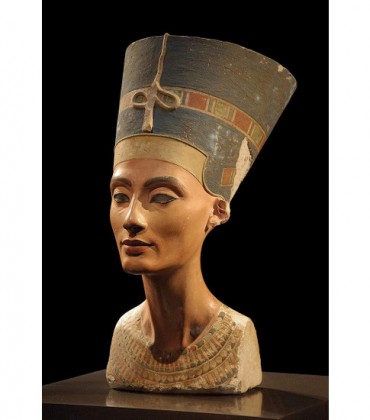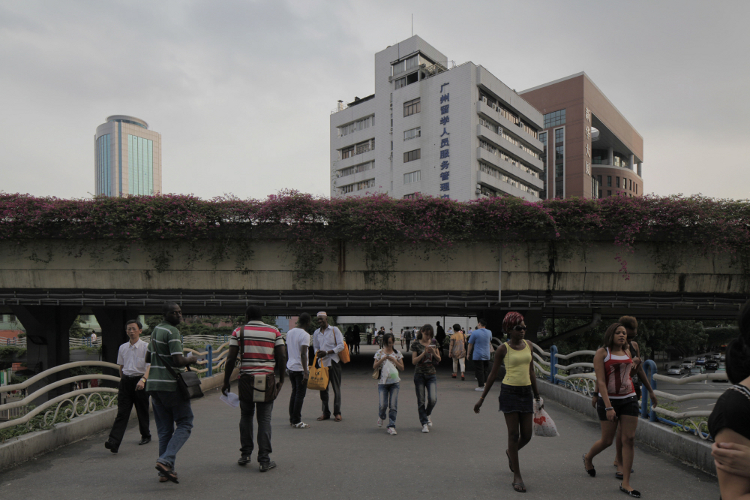
I recently came across this article in the South China Morning Post titled “Afro-Chinese marriages boom in Guangzhou: but will it be ’til death do us part’?”. The piece focused on the growing African immigrant population in the Guangzhou region of southern China. One neighborhood in particular in Guangzhou, Xiaobeilu, is home to thousands of African immigrants from all over the continent, with those from Nigeria being the largest group.
“CHOCOLATE CITY” OR “Little Africa”, as it has been dubbed by the Chinese press, is a district of Guangzhou that is home to between 20,000 and 200,000, mostly male, African migrants (calculations vary wildly due to the itinerant nature of many traders and the thousands who overstay their visas).
Africans began pouring into China after the collapse of the Asian Tigers in 1997 prompted them to abandon outposts in Thailand and Indonesia. By exporting cheap Chinese goods back home, traders made a killing, and word spread fast. Guangzhou became a promised land.
It is easy to believe that every African nation is represented here, with the Nigerian, Malian and Guinean communities the most populous. But Little Africa is a misnomer; in the bustling 7km stretch from Sanyuanli to Baiyun, in northern Guangzhou, myriad ethnicities co-exist.
Uygurs serve freshly baked Xinjiang bread to Angolan women balancing shopping on their heads while Somalis in flowing Muslim robes haggle over mobile phones before exchanging currency with Malians in leather jackets, who buy lunch from Turks sizzling tilapia on street grills, and then order beer from the Korean waitress in the Africa Bar. Tucked away above a shop-lined trading corridor, the bar serves food that reminds Africans of home – egusi soup, jollof rice, fried chicken.
While the piece focused primarily on relationships between African men and Chinese women, similar relationships are also happening in many African countries between African women and Chinese men. Images like these by Daniel Traub, Zeng Xian Fang, Wu Yong Fu on a major pedestrian bridge in the Xiaobeilu neighborhood, are merely a microcosm of the complicated economic relationship between China and Africa.

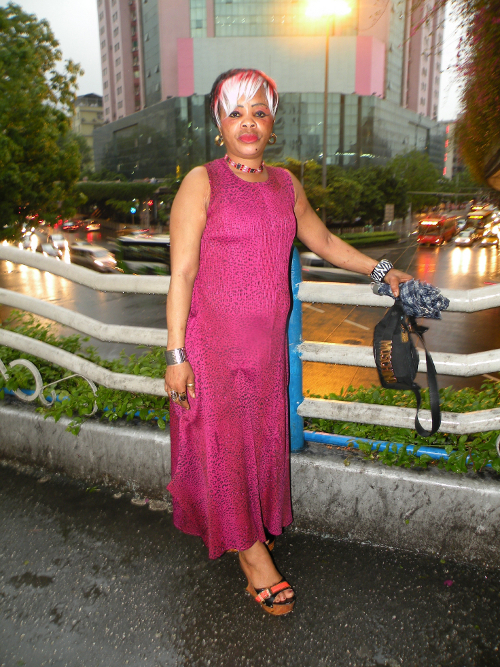

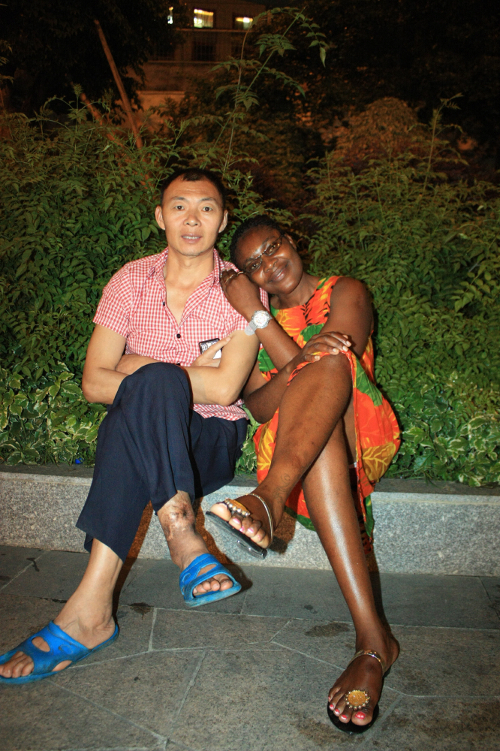
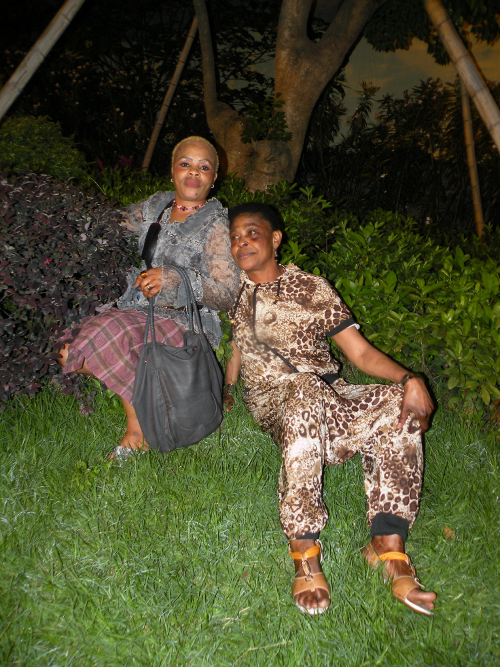
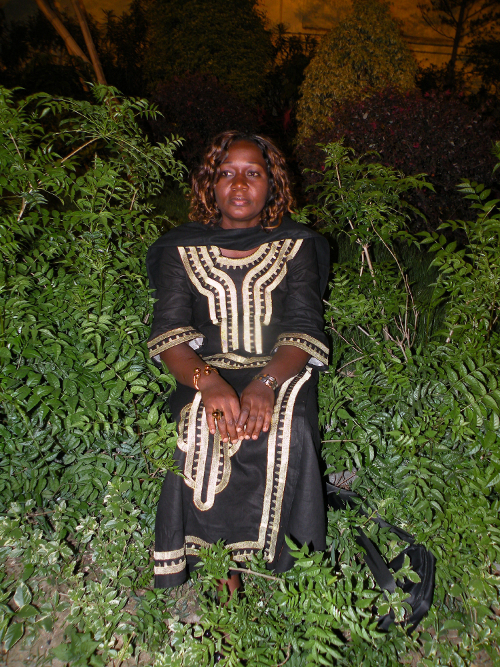
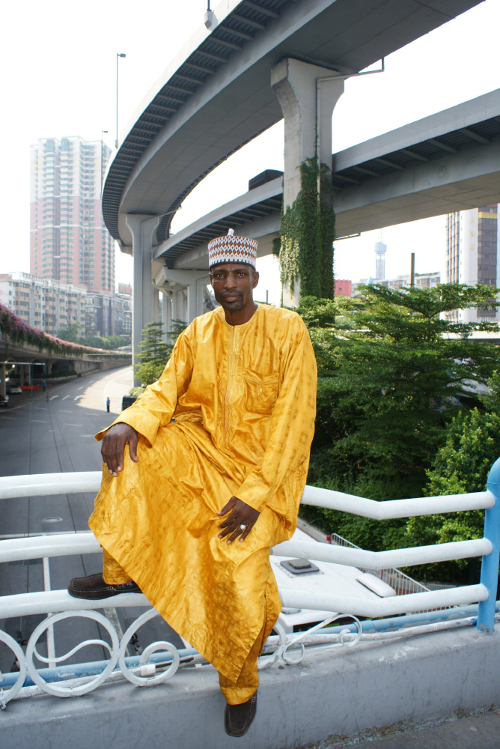
Images via.

